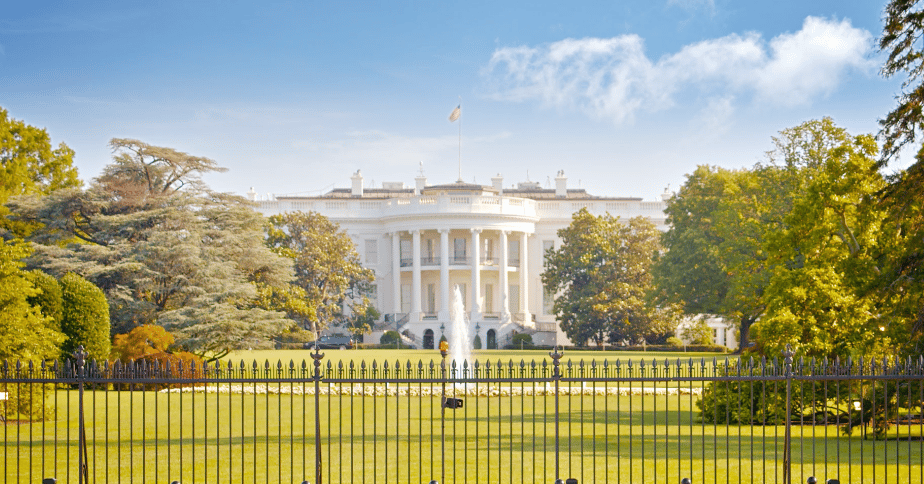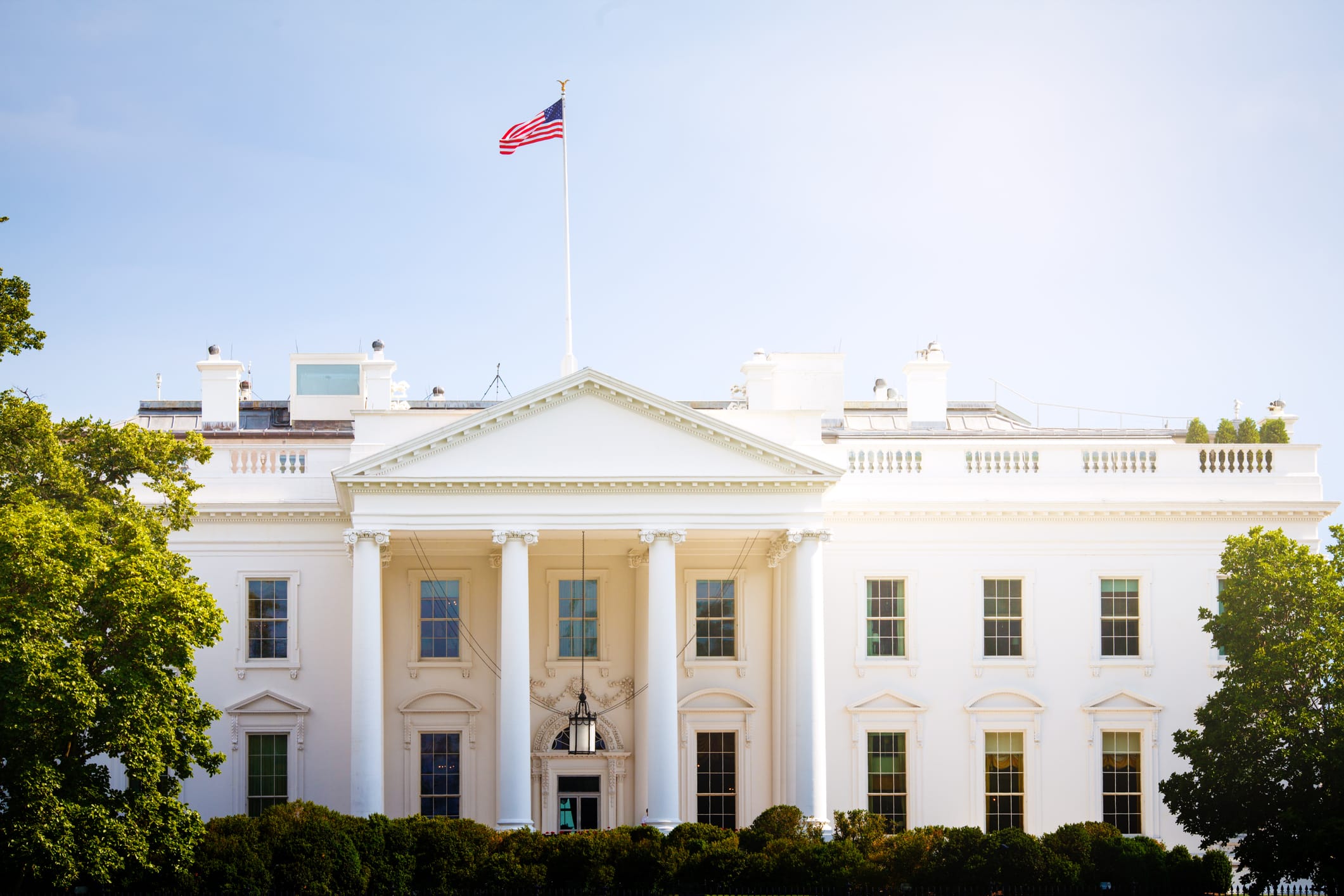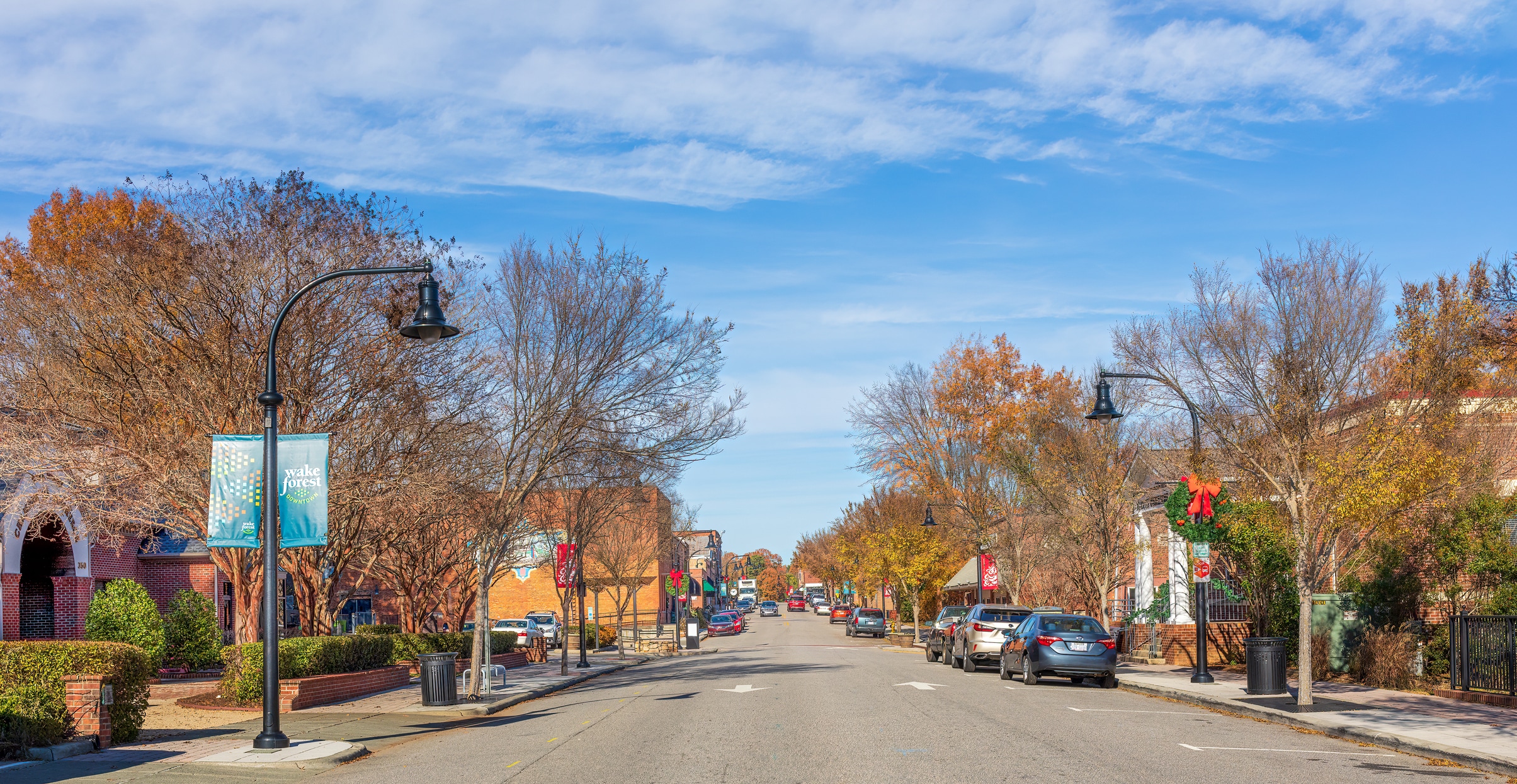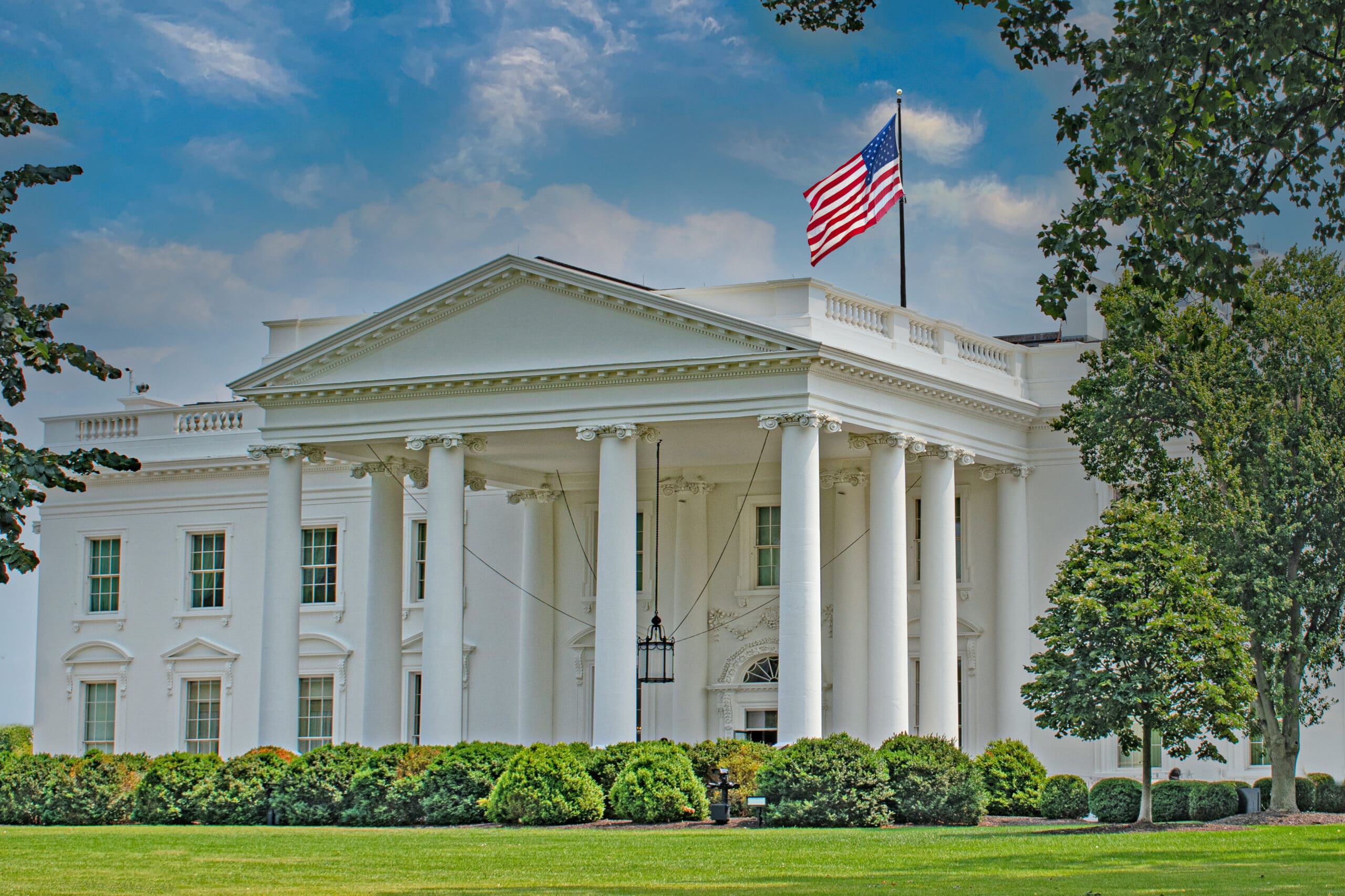Majority of Republicans Say Trump Indictments Make Them More Likely to Vote for Trump, Plurality of Independents Less Likely
A new Emerson College Polling survey of U.S. voters finds President Joe Biden with a 42% job approval, and a 47% disapproval rating. Since the June Emerson national poll, Biden’s approval has increased by one percentage point, while his disapproval rating has decreased by four points. The share of voters who are neutral toward the president has increased from 9% to 11%.
Spencer Kimball, Executive Director of Emerson College Polling said, “Biden’s approval among Democrats and Republicans has remained steady this summer. However, his approval among independents, while still underwater, has increased from 34% in June to 37% in August.”
Sixty-nine percent of Democratic Primary voters plan on supporting Biden in the 2024 Democratic Primary, while 9% support Robert Kennedy Jr., and 4% Marianne Williamson. Nineteen percent are undecided.
In the 2024 Republican Primary, former President Trump continues to hold the majority of support with 56%, followed by Florida Governor Ron DeSantis and Vivek Ramaswamy, both of whom hold 10%. Three percent of voters support former Vice President Mike Pence and Chris Christie respectively. Eleven percent are undecided.
Trump’s support has remained steady, while DeSantis’ support has decreased by eleven points over the summer, while Ramaswamy’s support has increased by eight points.
“Ramaswamy has improved among Republican voters with a postgraduate degree, a group that has previously been part of the DeSantis’ base,” Kimball said. “In the June Emerson poll, 38% of postgraduates supported DeSantis in the primary, which has dropped to 14% this month. Instead, 17% support Ramaswamy and 32% Trump.”
Kimball continued, “Ramaswamy has made inroads among younger Republican Primary voters: 16% of voters under 35 support Ramaswamy, compared to 48% who support Trump and 15% DeSantis. DeSantis still holds 12% of voters over 65, while Trump holds 50% among this group and Ramaswamy holds 3%.”
- DeSantis’ drop in national support is similar to this past week’s New Hampshire poll, where DeSantis was statistically tied with Chris Christie. However, at the national level, it is Ramaswamy rather than Christie who has gained ground.
Overall, 62% of Republican Primary voters say they will definitely vote for the candidate they selected. Thirty-eight percent say there is a chance they could change their mind and vote for someone else.
- Eighty-two percent of Republican voters who support Trump said they will not change their mind, compared to 18% who might vote for someone else.
- Fifty-three percent of Ramaswamy supporters say they could change their mind, while 47% say they will definitely vote for him.
- Thirty-two percent of DeSantis supporters said they are locked in on the Florida Governor, while a majority (68%) say there is a chance they could change their mind and vote for a different candidate.
Eighty-three percent of Republican Primary voters plan on watching the Republican Presidential debate this Wednesday evening. In addition, 74% of Republican primary voters think Trump should participate in the debate on Wednesday, while 26% think he should not.
In a potential 2024 Presidential Election matchup between Biden and Trump, candidates are tied with 44% support each. Twelve percent are undecided. Trump has gained about a point in the head to head matchup from the June Emerson poll.
When Green Party candidate Cornel West is added to the ballot, support for Trump and Biden declines slightly to 42% and 41% respectively, while 5% support West and 13% are undecided.
When a hypothetical matchup included Taylor Swift as the third-party on the ballot, 42% support Trump, 39% Biden, and 8% Swift. Ten percent are undecided. Swift is viewed favorably by 43% of voters, while 38% are neutral, and 19% have an unfavorable view of her.
“The Swift test suggests that Biden’s support is softer than Trump’s, whose support is more locked-in,” Kimball said. “Biden is more vulnerable to third-party options like West, who appears to appeal more to Biden’s voter base than Trump’s.”
A plurality (40%) of voters expect Biden to be re-elected, while 35% think Trump will win and 26% think it will be someone else.
Forty-seven percent of voters are less likely to support Trump because of his indictments in 2024. Thirty-four percent are more likely, while 19% have no opinion.
- Fifty-eight percent of Republicans are more likely to support Trump for president because of his indictments, compared to 29% of independent voters who say the same. Forty-six percent of independents say Trump’s indictments make them less likely to support him.
- For the 19% voters who are unsure or have no opinion about the indictment, 56% are breaking for Trump and 19% for Biden.
Voters were asked if, in their opinion, they are better off today financially then they were a year ago. Forty-eight percent are worse off, 26% are about the same or have noticed no difference, and 26% are better off than they were a year ago.
A majority of voters who are financially better off now than they were a year ago break for Biden, 75% to 21%, as do those who are about the same (54% to 24%). Those who are doing worse financially are turning to Trump, with a majority (68%) backing the former president.
With about three weeks until the National Football League (NFL) regular season kicks off, 53% of voters have a favorable opinion of the league, while 18% have an unfavorable view. Thirty-percent are neutral. For comparison, in February voters rated the MLB 48% favorable, 18% unfavorable and the NBA 46% favorable, 26% unfavorable
Twenty-one percent of voters plan on gambling on NFL games this season, while 79% do not plan on gambling.
- Likelihood to gamble on NFL games decreases with age: 35% of voters under 35 plan on gambling this season, compared to 32% of those between 35-49, 14% of those between 50-64, and 6% of those over 65.
- Twenty-nine percent of men plan on gambling on NFL games this season compared to 13% of women.
- Voters in the South are most likely to gamble at 24%, followed by the Northeast (22%), West (20%), and Midwest (16%).
The economy is the top issue for 37% of voters, followed by “threats to democracy,” (14%), healthcare (13%), crime (9%), immigration (9%), education (6%), and housing affordability (5%).
- Since June, voters who say the economy is their top issue has decreased by four points, from 41% to 37%. “Threats to democracy” has held at 14%, while healthcare has increased two points, and immigration has held 9%.
- The importance of healthcare as a top issue decreases with age; 15% percent of voters aged 18-49 cite healthcare as their most important issue, followed by 13% of voters aged 50-64, and just 6% of voters over the age of 65.
METHODOLOGY
The Emerson College Polling national survey was conducted August 16-17, 2023. The sample of registered voters, n=1,000, has a credibility interval, similar to a poll’s margin of error (MOE), of +/- 3 percentage points. The data sets were weighted by gender, education, race, age, party affiliation, and region based on 2024 registration modeling. Turnout modeling is based on US Census parameters, and US voter registration data.
It is important to remember that subsets based on demographics, such as gender, age, education, and race/ethnicity, carry with them higher credibility intervals, as the sample size is reduced. Survey results should be understood within the poll’s range of scores, and understand with a confidence interval of 95% a poll will fall outside the range of scores 1 in 20 times.
Data was collected by contacting an Interactive Voice Response (IVR) system of landlines and an online panel of voters.
All questions asked in this survey with exact wording, along with full results, demographics, and cross tabulations can be found under “Full Results.”
###







